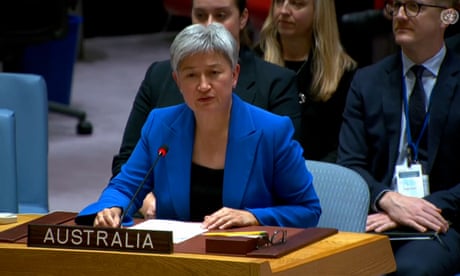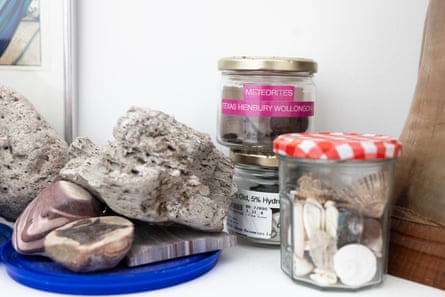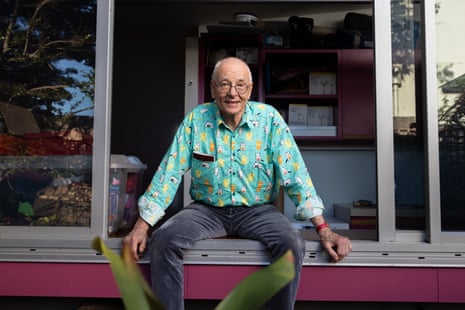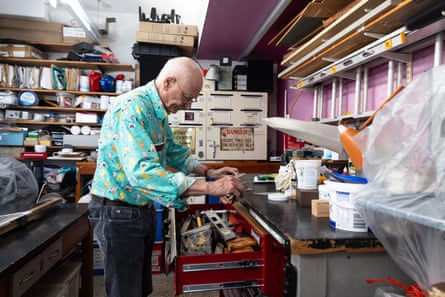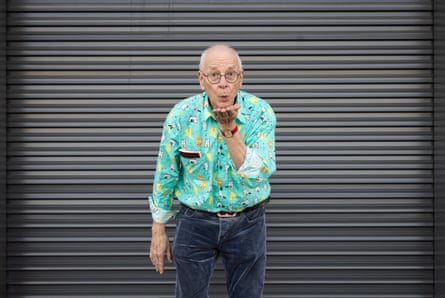Extract from ABC News
Israeli airstrikes have forced hundreds of thousands to flee from across Lebanon's south and within the capital of Beirut. ( AP: Bilal Hussein)
In short:
Up to a fifth of Lebanon's population have been forced to flee their homes as a result of intense Israeli air strikes targeting militant group Hezbollah.
The country's prime minister said Lebanon was experiencing what could be its largest wave of displacement ever.
What's next?
The US has said all-out war between Hezbollah and Israel is "not the way", despite stressing ironclad support for the Israeli government.
Almost one million people are feared to be displaced across Lebanon as a result of Israeli attacks across the country targeting Hezbollah, the Lebanese prime minister has warned.
On Sunday, Lebanon's caretaker prime minister Najib Mikati said his country could be witnessing its largest wave of displacement ever amid intense Israeli air strikes.
"It is the largest displacement movement that may have happened … in Lebanon," Mr Mikati told reporters.
Up to one million people could be forced to flee, he said, which would equate to roughly one-fifth of Lebanon's population.
The caretaker leader said in his address Lebanon had "no option but the diplomatic option" to try and end Israel's escalating attacks that have killed hundreds of Lebanese civilians alongside Hezbollah soldiers.
'All-out war not the way': US
Israel will not be able to safely get people back into their homes in the north of the country by waging an all-out war with Hezbollah or Iran, White House national security spokesperson John Kirby said on Sunday.
Israel's stated goal of its ongoing bombardment of Lebanon is to make its northern areas safe from Hezbollah rocket fire and allow thousands of displaced residents to return.
"An all-out war with Hezbollah, certainly with Iran, is not the way to do that. If you want to get those folks back home safely and sustainably, we believe that a diplomatic path is the right course," Kirby told CNN.
The US is Israel's longtime ally and biggest arms supplier.
The US is watching to see what Hezbollah does to try to fill its leadership vacuum "and is continuing to talk to the Israelis about what the right next steps are", he said.
"We have made no bones about the fact that we don't necessarily see the tactical execution the same way that they do in terms of protection [of civilians]," said Kirby, adding that US support for Israel's security was ironclad.
More Hezbollah figures killed in Israeli attacks
Israel struck multiple targets in Lebanon on Sunday with another round of air strikes targeting Hezbollah, days after the militant group's leader Hassan Nasrallah was killed in Beirut.
Nasrallah's body was recovered on Sunday from the site of the massive Israeli air attack that killed the longstanding Hezbollah commander two days earlier, sources told Reuters.
It was a major blow to Hezbollah and to Iran, removing an influential ally who helped build Hezbollah into the linchpin of Tehran's network of allied groups in the Arab world.
The Israeli military said the air force had struck dozens of Hezbollah targets across Lebanon including weapons facilities and rocket launcher bases.
It also said it had killed a prominent Hezbollah leader, Nabil Kaouk, the latest in a string of Israeli strikes that have targeted many of the group's most senior figures.
Hezbollah has not yet commented on Kaouk's fate but its supporters have been posting mourning messages for him since Saturday.
Israeli air strikes have pounded southern areas of Lebanon's capital Beirut. (AP: Hussein Malla)
The Israeli navy said it had intercepted a projectile approaching Israel from the area of the Red Sea and another eight projectiles coming from Lebanon had fallen in open areas.
Hezbollah said it would keep fighting Israel and has continued to fire rockets at it, including a salvo on Sunday morning.
With Lebanon already mired in political and economic crisis, the escalation has pushed the country to the brink, as the Israeli bombardment has killed over 700 people in a week, according to health ministry figures.
In Beirut, some displaced families spent the night on the benches at Zaitunay Bay, a string of restaurants and cafes on Beirut's waterfront.
On Sunday morning, families with nothing more than a duffle bag of clothes had rolled out mats to sleep on and made tea for themselves.
"You won't be able to destroy us, whatever you do, however much you bomb, however much you displace people — we will stay here," said Francoise Azori, a Beirut resident jogging through the area.
"We won't leave. This is our country and we're staying."
The UN World Food Programme began an emergency operation to provide food for those affected by the conflict.
Iran vows revenge for commander
Iran's Foreign Minister Abbas Araqchi said on Sunday that the killing by Israel of an Iranian Revolutionary Guards deputy commander in Beirut was a "horrible crime" that would not go unanswered.
Brigadier General Abbas Nilforoushan was killed in the Israeli strikes on Beirut on Friday in which Hezbollah chief Hassan Nasrallah also died.
"There is no doubt that this horrible crime committed by the Zionist regime [Israel] will not go unanswered," Mr Araqchi said in a statement.
Reuters/AFP
